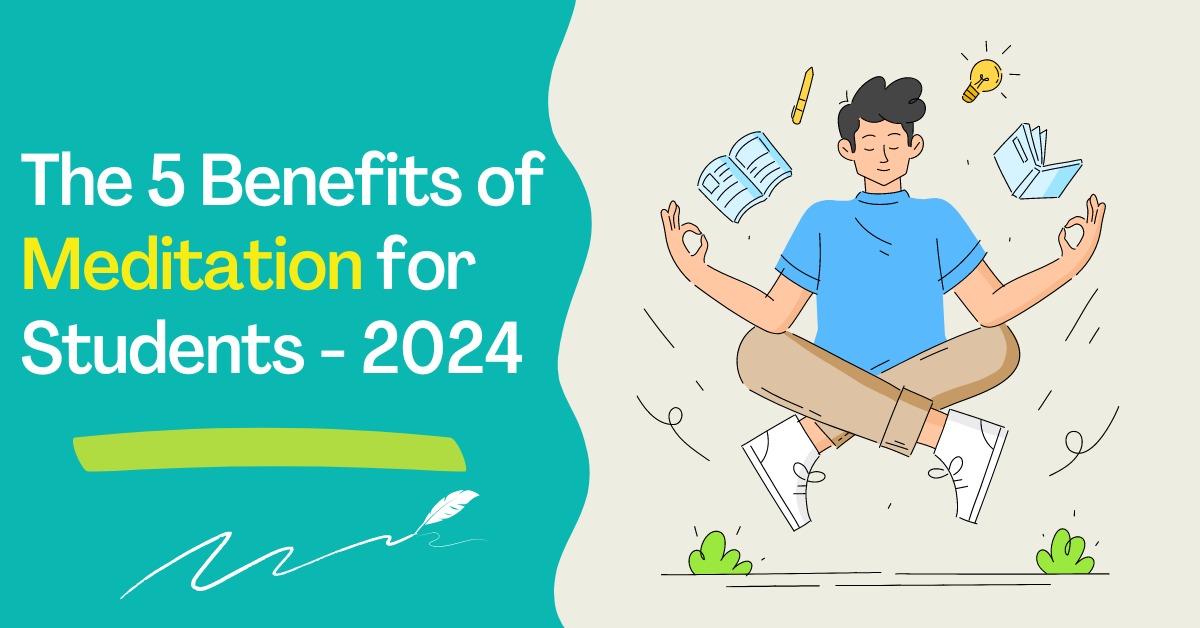
The 5 Benefits of Meditation for Students – 2024
Benefits of Meditation for Students
Meditation is a practice involving focused attention on an object, thought, or activity, aiming for mental clarity and emotional calmness. It promotes relaxation, mindfulness, and self-awareness. Various forms exist, like mindfulness and loving-kindness meditation, each offering benefits for mental, emotional, and physical well-being through regular practice.The benefits of meditation for students are vast and profound. Regular practice can enhance concentration, reduce stress, and promote mental clarity. These benefits of meditation for students translate into improved academic performance and overall well-being. By incorporating meditation into their daily routine, students can experience the benefits of meditation for students firsthand, leading to greater success and fulfillment in their academic and personal lives.
Introduction
In today’s fast-paced world, students face a myriad of challenges, from academic pressures to social stressors that can take a toll on their mental and emotional well-being. Amidst the whirlwind of demands that students face, there’s a valuable tool that can offer solace and aid in their journey: meditation.
Meditation, an ancient practice with roots dating back centuries, serves as a beacon of inner peace, mental clarity, and emotional fortitude for individuals grappling with life’s complexities. While often associated with spirituality, meditation is fundamentally a practice of self-awareness and mindfulness that can benefit anyone, regardless of their beliefs or background. The benefits of meditation for students are manifold, offering stress reduction, increased focus, improved memory, and enhanced overall well-being.
So, what exactly is meditation, and how can it benefit students? Let’s dive deeper into the transformative power of this ancient practice:
Understanding Meditation
At its core, meditation is a practice of training the mind to focus and quiet the incessant chatter of thoughts. It involves sitting comfortably, closing the eyes, and directing the attention inward. Through various techniques such as mindfulness, breath awareness, and guided imagery, meditation allows students to observe their thoughts and feelings without judgment, fostering a sense of calm and presence in the moment.
5 Important Benefits of Meditation for Students
Reduced Stress and Anxiety

With numerous benefits of meditation for students for your well-being, including stress reduction and increased attention span. Additionally, it sharpens your ability to concentrate, leading to greater mental clarity. Moreover, regular meditation has been linked to improved memory function, enhancing learning.
Overall, incorporating meditation into your daily routine can lead to greater mental clarity, emotional balance, and overall happiness in life. Studies have shown that regular meditation practice can lower levels of cortisol, the stress hormone, leading to decreased feelings of anxiety and improved overall well-being. Explore the benefits of meditation for students and enhance your well-being today!
Enhanced Concentration and Focus
In the modern era of technology, students find themselves inundated with a multitude of distractions, ranging from notifications on social media platforms to never-ending lists of tasks. Amidst this constant bombardment of stimuli, meditation emerges as a refuge, offering students a tranquil space to nurture their ability to concentrate and focus with unwavering precision.

One of the most well-documented benefits of meditation for students is Enhanced Concentration and Focus. Meditation offers valuable benefits for students, especially in enhancing concentration and focus. By practicing meditation regularly, students can train their minds to stay focused on tasks for longer periods. This means they can pay better attention in class, understand concepts more easily, and complete assignments with greater accuracy. Additionally, meditation helps students quiet their minds and minimize distractions, allowing them to concentrate more effectively on their studies.
Ultimately, improved concentration and focus through meditation can lead to better academic performance, increased productivity, and a greater sense of confidence in facing the challenges of student life. Through mindfulness meditation, students learn to anchor their attention to the present moment, sharpening their ability to concentrate on academic tasks and retain information more effectively.
Improved Academic Performance
By reducing stress, enhancing concentration, and promoting mental clarity, meditation can have a profound impact on academic performance. Studies have shown that students who practice meditation regularly demonstrate higher levels of academic achievement and greater resilience in the face of challenges.
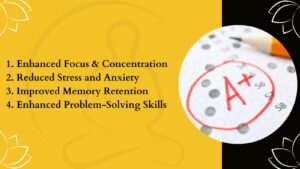
Overall, incorporating meditation into their daily routine can lead to better academic outcomes and a more enjoyable learning experience for students. Meditation also boosts creativity and problem-solving skills, enabling students to approach learning with curiosity and innovation.
Better Emotional Regulation
Adolescence is a time of intense emotional upheaval, as students navigate the complexities of identity, relationships, and self-esteem. Meditation equips students with powerful tools for emotional regulation and self-awareness. Another well-documented benefits of meditation for students is Better Emotional Regulation.
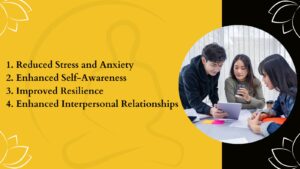
In student life, meditation offers important benefits for emotional regulation. It helps students manage their feelings better, like stress, anxiety, and frustration. By practicing meditation regularly, students can learn to stay calm and focused, even during challenging situations like exams or social pressures. Meditation teaches valuable skills for handling emotions, such as breathing techniques and mindfulness, which can be used anytime, anywhere. This can lead to better relationships with peers and teachers, as well as improved overall well-being.
Ultimately, meditation empowers students to navigate the ups and downs of student life with greater ease and resilience. By cultivating a deeper understanding of their thoughts and emotions, students learn to respond to challenging situations with equanimity and compassion, reducing the risk of impulsive behavior and conflict.
Enhanced Sleep Quality
Another well-documented benefits of meditation for students is Enhanced Sleep Quality. It is essential for optimal cognitive function and overall well-being. Yet, many students struggle with sleep disturbances due to stress and anxiety. Meditation offers a natural remedy for insomnia and sleep-related issues.

With better sleep, students can enhance their concentration, focus, and overall well-being, setting them up for success in their academic endeavors and beyond. By calming the mind and relaxing the body, meditation promotes restful sleep and improves sleep quality. Students who incorporate meditation into their bedtime routine often report waking up feeling refreshed and rejuvenated.
How to Incorporate Meditation into Student Life
Start Small:
Encourage students to begin with short meditation sessions, starting with just a few minutes each day and gradually increasing the duration as they become more comfortable with the practice. It is the key to getting the benefits of meditation for students.
Establish a Routine:
Consistent meditation yields gradual but significant benefits, enhancing mental clarity, emotional balance, and overall well-being. Encourage students to set aside dedicated time each day for meditation, whether it’s upon waking up, during a break between classes, or before bedtime.
Use Guided Meditation Apps:
Guided meditation apps such as Headspace, Calm, and Insight Timer offer a wealth of guided meditations specifically designed for students. These apps provide step-by-step instructions and soothing audio guidance to help students ease into the practice.
Create a Meditation Space:
Designate a quiet, comfortable space where students can practice meditation without distractions. Encourage them to personalize this space with cushions, candles, or soft lighting to enhance relaxation.
Encourage Mindful Living:
Beyond formal meditation practice, encourage students to cultivate mindfulness in their daily lives. Encourage them to practice mindfulness while eating, walking, or engaging in everyday activities, fostering a sense of presence and awareness in each moment.
Conclusion
In conclusion, meditation is a powerful tool that can empower students to thrive academically, emotionally, and spiritually. By reducing stress, enhancing concentration, promoting emotional regulation, and improving sleep quality, meditation equips students with essential life skills for success in school and beyond. As educators, we have the opportunity to support students on their journey toward greater well-being by introducing them to the transformative practice of meditation. Together, let’s cultivate a culture of mindfulness and resilience in our schools and communities.
FAQs
1. What are the 5 benefits of meditation for students?
Meditation benefits students by enhancing focus, reducing stress, improving memory and learning, regulating emotions, and promoting self-awareness. It boosts concentration, aids stress management, enhances memory retention, fosters emotional resilience, and encourages introspection. These benefits contribute to academic success and overall well-being through regular practice.
2. Does meditation help in studying?
Yes, meditation can be highly beneficial for studying. By improving focus and concentration, reducing stress, and enhancing memory retention, meditation creates an optimal mental state for effective learning. It helps students stay calm and attentive while studying, leading to better comprehension, information retention, and academic performance.
3. What are the 10 benefits of meditation for students?
These are the list of 10 benefits of meditation for students. Meditation offers numerous benefits: stress reduction, improved focus, emotional regulation, heightened self-awareness, better sleep, increased creativity, pain management, lower blood pressure, enhanced resilience, and overall well-being. Regular practice cultivates mental clarity, emotional balance, and a greater sense of peace, contributing to a healthier and more fulfilling life.
4. How to meditate as a student?
As a student, find a quiet space, sit comfortably, and focus on your breath for 5-10 minutes daily. Use guided meditations if helpful, stay patient, and be consistent. Extend mindfulness to daily activities for enhanced focus and relaxation.
5. How many minutes should a student meditate?
The ideal duration for student meditation can vary depending on individual preferences and schedules. Starting with just 5-10 minutes per day is often manageable and beneficial. Over time, students can gradually increase the duration based on their comfort level and availability, aiming for 15-30 minutes or more for deeper practice.
Also Read
https://myblogpod.com/signs-of-a-heart-attack/
https://myblogpod.com/cough-remedies-during-pregnancy-2024/
https://myblogpod.com/best-career-options-after-12th/
References
https://www.nccih.nih.gov/health/meditation-and-mindfulness-what-you-need-to-know
https://www.ncbi.nlm.nih.gov/pmc/articles/PMC7287297/
https://www.ncbi.nlm.nih.gov/pmc/articles/PMC10355843/
Disclaimer: The 5 Benefits of Meditation for Students – 2024
This article provides general insights into the benefits of meditation for students. Individual results may vary. Always consult a healthcare professional before starting any new wellness practice. We are not responsible for personal outcomes.


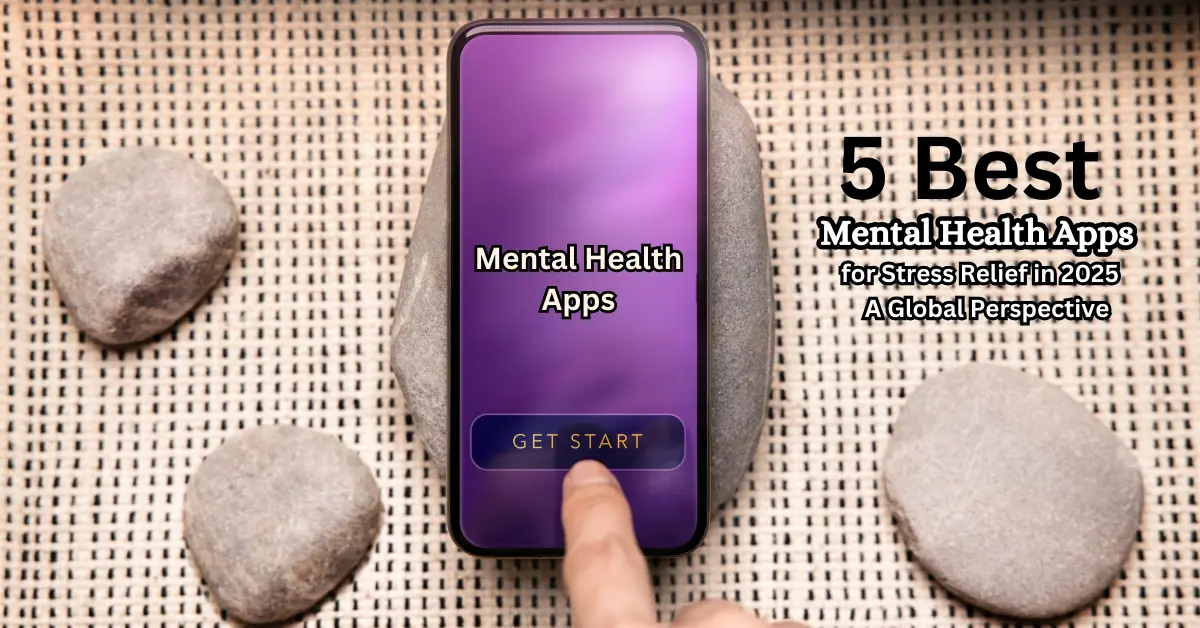
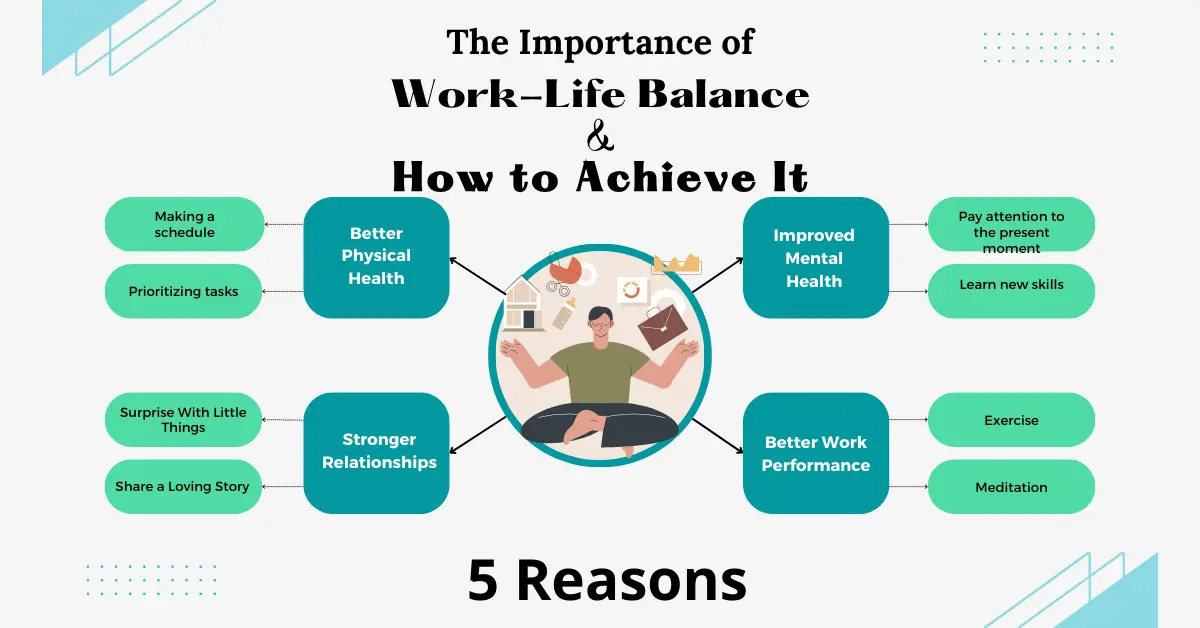

One thought on “The 5 Benefits of Meditation for Students – 2024”
great